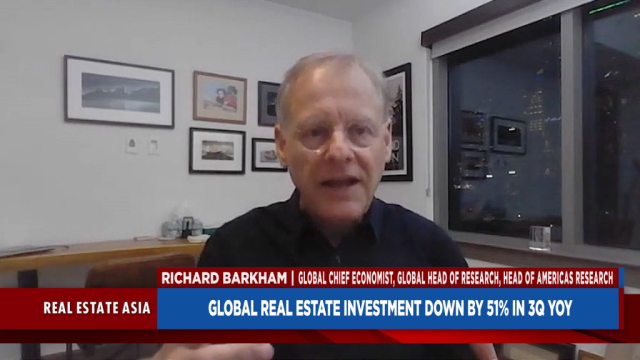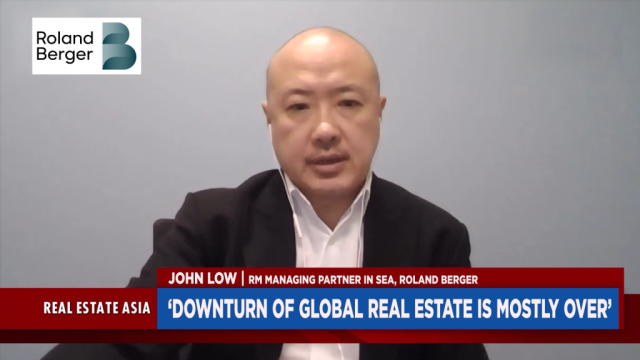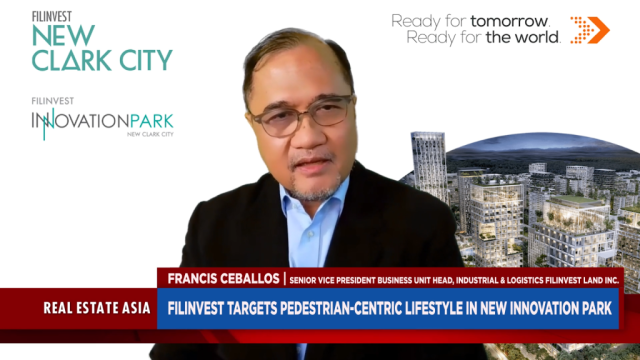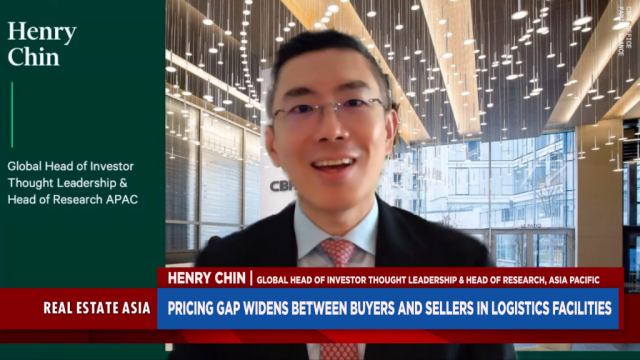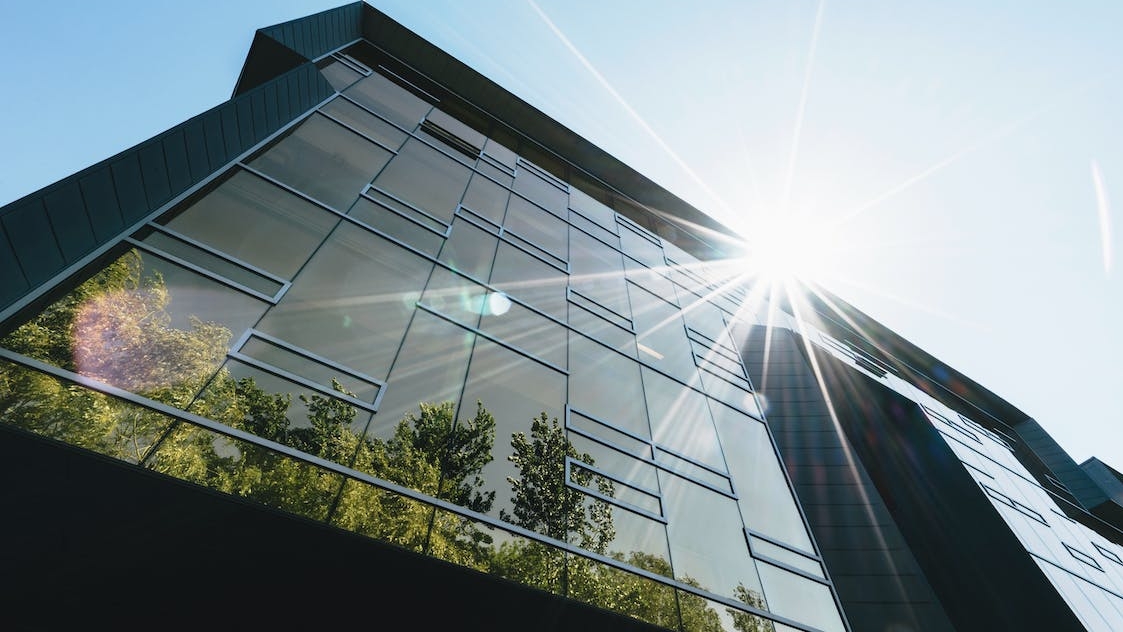
Why APAC is well-positioned to build an ESG-compliant office portfolio in 2024
80% of buildings in the region are 40 years or younger.
In Asia-Pacific, newer premium office buildings are well-positioned to meet the rising demand for the 'flight-to-quality' and ‘flight to green’ trends, as companies seek quality workspaces to attract top talent, as outlined in Knight Frank’s Horizon: Asia-Pacific Tomorrow report.
With 79.4% of buildings in Asia-Pacific aged 40 years or younger (vs 33.2% in North America and 55.0% in EMEA), the nascent office market offers an opportunity to build cutting-edge office buildings with the latest amenities without the risk of becoming obsolete. This aligns with the growing emphasis on high-quality office space.
The forecast is one of three top predictions from the real estate consultancy's flagship report, which provides predictions for the commercial property market over the next 12 months, including emerging trends, opportunities, and challenges.
Three reasons why the Asia-Pacific office sector is the backbone of the office-first hybrid strategy
1. Emphasis on newer and ESG-certified buildings
2. Access to a valuable talent pipeline in APAC
3. Prominent emergence of a two-speed market with a bifurcation in the Asia-Pacific office sector
Trend 1: Emphasis on newer and ESG-certified buildings
The newer premium office buildings in Asia-Pacific are more well-positioned to build an Environmental, Social, Governance (ESG)-compliant portfolio aligned with the growing preference among APAC occupiers for modern, sustainable workspaces that enhance employee satisfaction, wellness, collaboration and productivity.
The emphasis on newer and ESG-certified buildings is crucial as firms strive to create environments that seamlessly facilitate work, reflection, and collaboration.
Christine Li, head of research, Asia-Pacific and report author, says “The less mature office market in Asia-Pacific proves advantageous, enabling the development of state-of-the-art office buildings with modern facilities without the concurrent risk of obsolescence, a preference gaining traction among occupiers in the region.
Most of these CBD (Central Business District) office buildings in Asia-Pacific are newer, which suggests that they are more likely integrated with the latest technologies that enhance user experiences. Obsolescence is also minimised as retrofit works are less complicated and cost-effective.”
Ms Li adds, "As the 'flight to quality' and 'flight to green' trends gain momentum, Asia-Pacific emerges as the optimal choice for workplace transformation due to its up-to-date building technologies and availability of prime, ESG-compliant spaces tailored to company requirements. It also starkly contrasts to North America and EMEA where over 30% of office buildings, built before 1960, face a high risk of obsolescence, unable to keep pace with evolving tenant preferences in the hybrid work era."
Trend 2: Access to a valuable talent pipeline
As the global' war for talent’ intensifies, Asia-Pacific stands out with its sizeable working population, with a significant portion of them residing in urban areas and a literacy rate averaging around 94%, per Knight Frank research analysis. The region boasts a valuable talent pipeline characterised by youth and skill.
Given this advantageous demographic landscape, Asia-Pacific remains an attractive location for multinational corporations to establish their presence, minimising manpower challenges. This, in turn, ensures a consistent demand for office space.
Trend 3: Prominent emergence of a two-speed market
Multiple evidence indicates a bifurcation in the Asia-Pacific office sector. On the one hand, we are observing occupiers with some financial capabilities taking advantage of the softening leasing market to relocate to newer and ESG-compliant buildings to enhance the employee experience and fortify ESG credentials; on the other, occupiers are being financially prudent towards portfolio planning amidst the prevailing headwinds and expansionary sentiments remained subdued.
Ms Li adds, “Growth in headcount and capital expenditure (CAPEX) is highly contingent on the macroeconomic situation for the latter, and with economic turmoil brewing, companies continue to be conservative. This is supported by the Q3 2023 Knight Frank Cresa Corporate Real Estate Sentiment Index – a unique index assessing the outlook of the global corporate real estate community in relation to the growth, portfolio, and workplace dynamics – where growth dynamics have seen two consecutive quarters of improving sentiment, although they remain negative.”
Tim Armstrong, global head of occupier strategy and solutions , said, “Although office attendance has now stabilised in the Asia-Pacific region, the rebound in demand for office space has yet to keep up with the strong employment rate. For 2024, while the trends of ‘flight-to-quality’ and ‘flight-to-green’ persist, the enthusiasm for expansion will be restrained. Tenants will continue to approach portfolio planning cautiously due to the difficult macroeconomic conditions. However, it also proves to be a good time to review portfolios to capitalise on softer rents.”


















